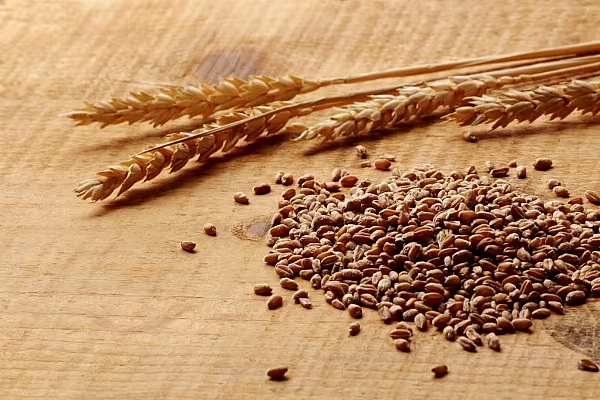British flour mills have been making large purchases of German wheat in past weeks after a collapse in the United Kingdom’s harvest this year, traders said.
Britain’s wheat crop may fall about 35% on year-on-year to around 10.5 million tonnes, traders estimate, after plantings were cut.
Recent rain also threatens to damage the quality of the UK crop.
'Big Purchases'
"British mills have been making pretty big purchases of German high-quality wheat in past weeks," one German trader said.
“I think about 200,000 to 300,000 tonnes have been bought from the new crop in Germany for shipment to the UK in the rest of 2020.”
Millers in Britain started booking imports for the new season several months ago in response to a sharp drop in the area planted with wheat by British farmers.
British millers have being buying mainly German and Canadian wheat as they offer the high protein levels needed to blend with lower-protein British wheat, British traders added.
"It started six months ago as the plantings were not there, but there is a new wave of enquiry (for German wheat) because of the weather," one British trader said.
According to estimates from Britain's farm ministry, England's planted wheat area this year was down 24% year-on-year and the smallest since the 1970s, mainly due to wet weather during the autumn planting season.
Local Trading Houses
Recent wheat purchases by British importers were generally spread among a series of local trading houses in Germany for transport in small shiploads of between 3,000 and 4,000 tonnes.
Ships carrying German wheat have already sailed in August to British ports including Tilbury, Immingham and Ipswich.
Traders said an added complication has been uncertainly after Britain's departure from the European Union, with a transition agreement due to expire on 31 December.
Terms of trade with key partners such as Germany after that date are still unagreed.
Traders said this had led to a front-loading of the import programme, with heavy shipments during the final quarter of 2020.
Britain imported 1.05 million tonnes of wheat in the 2019/20 season, which runs from July to June, including 155,037 tonnes from Germany. This year the total is expected to be much higher.
Canada was the main supplier last season, providing 441,527 tonnes.














